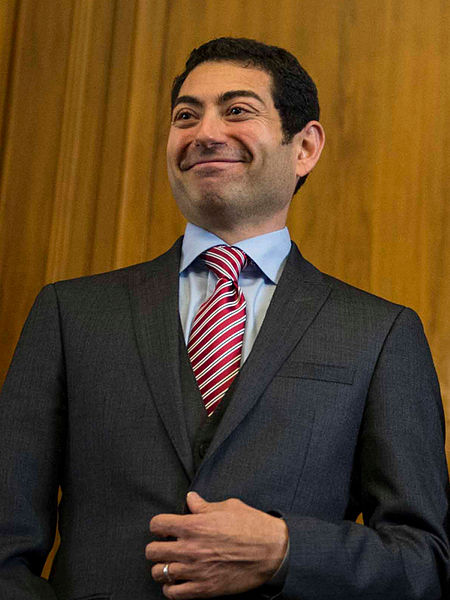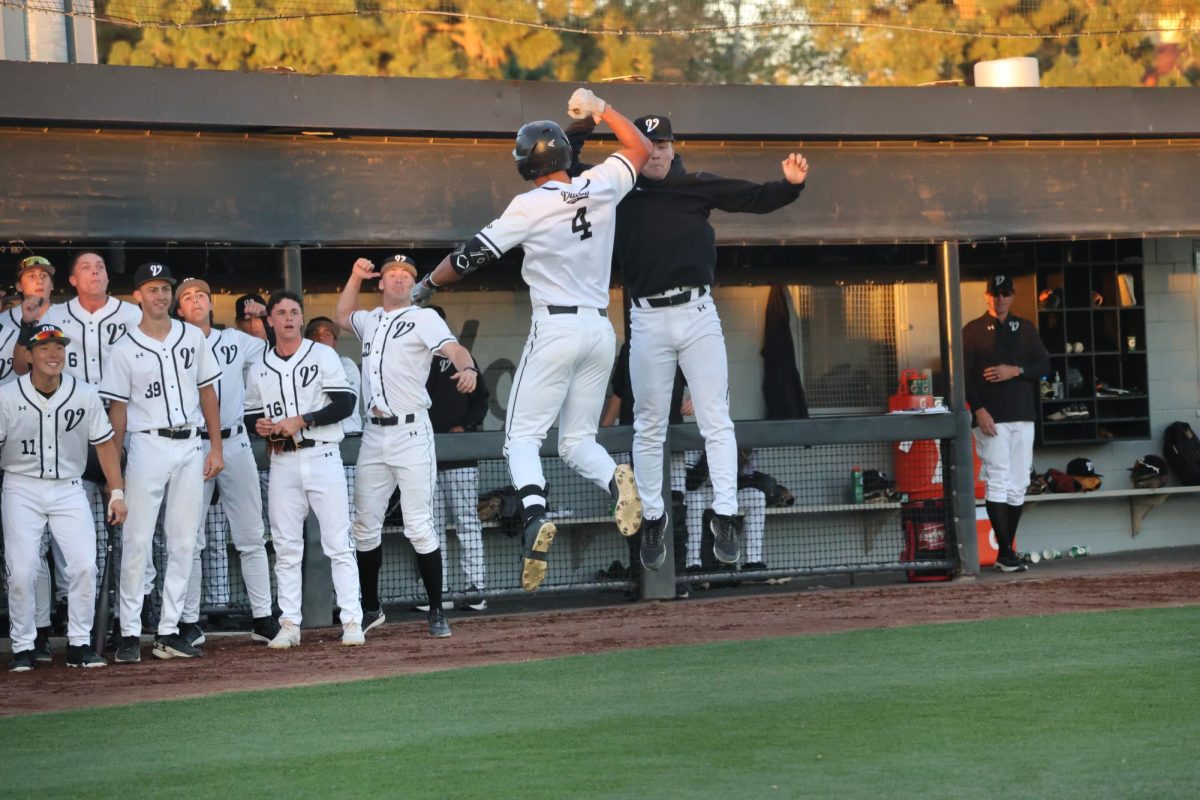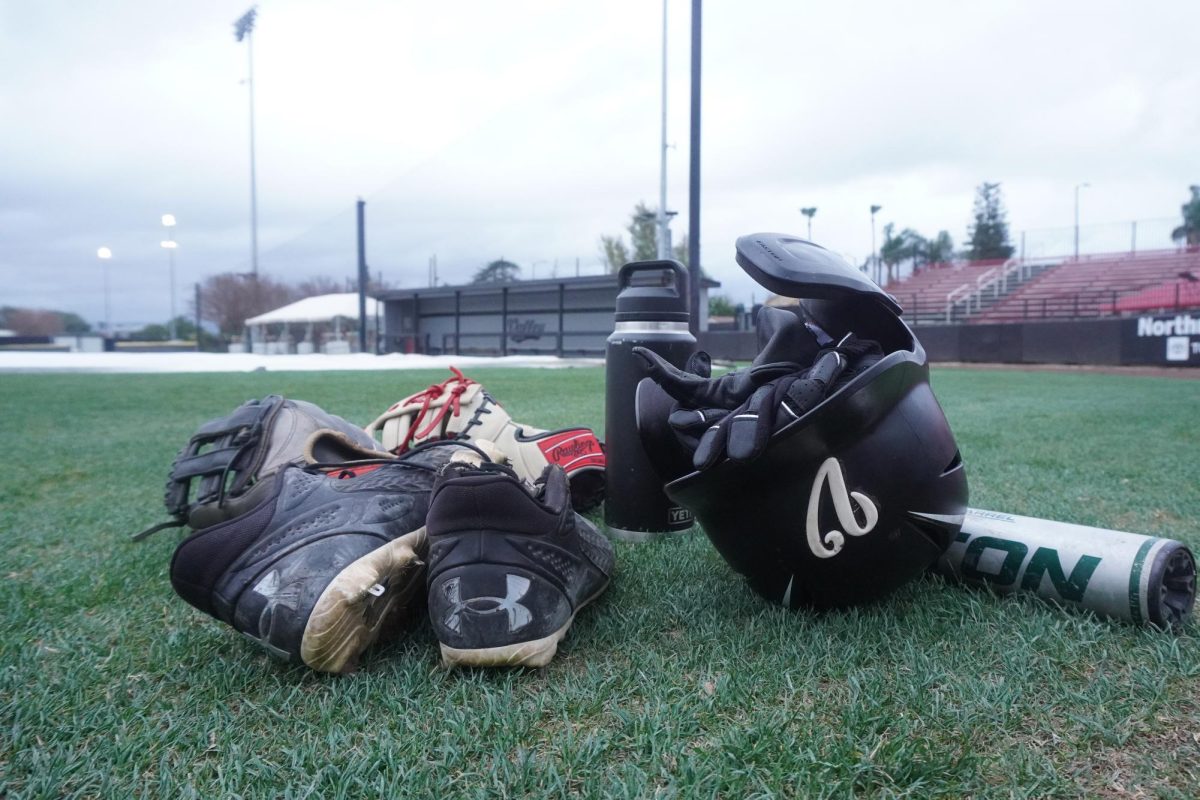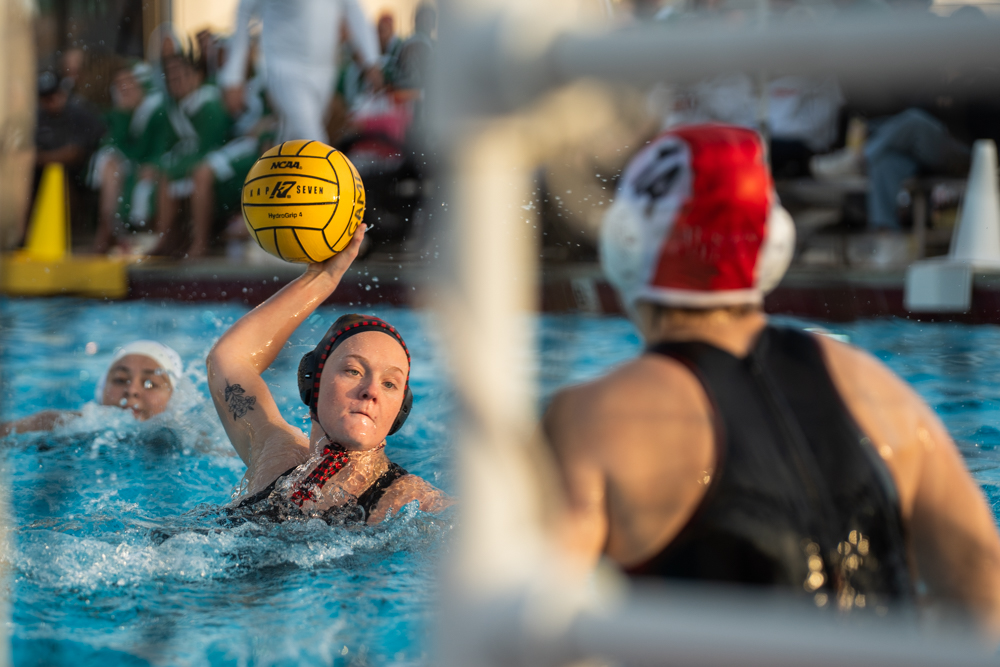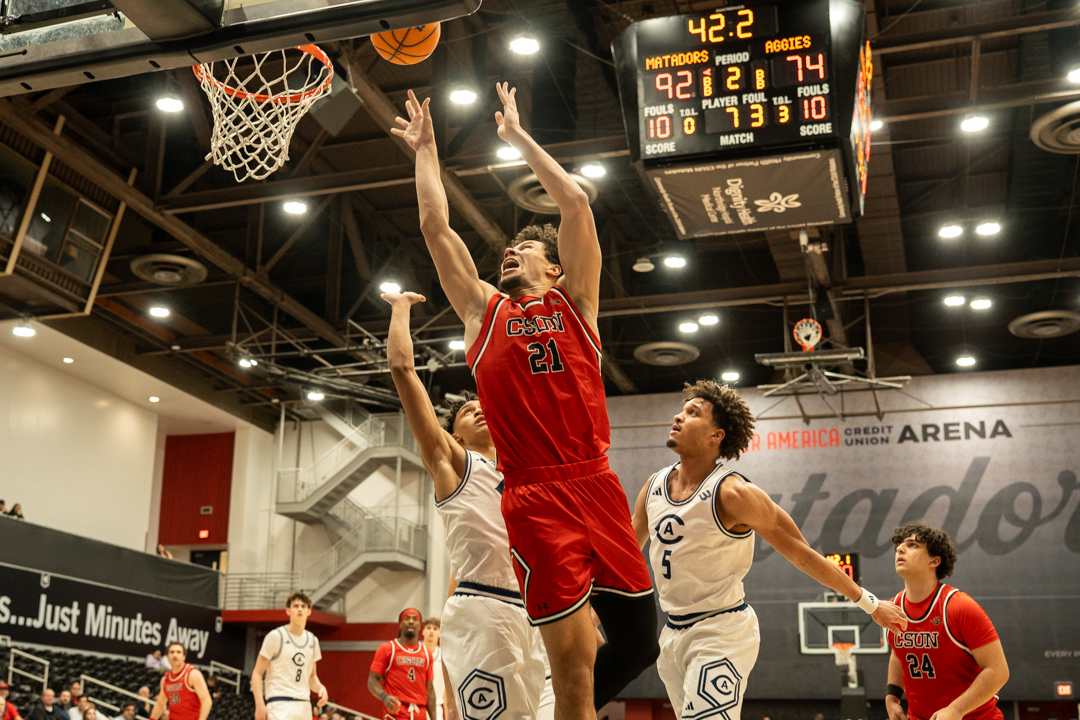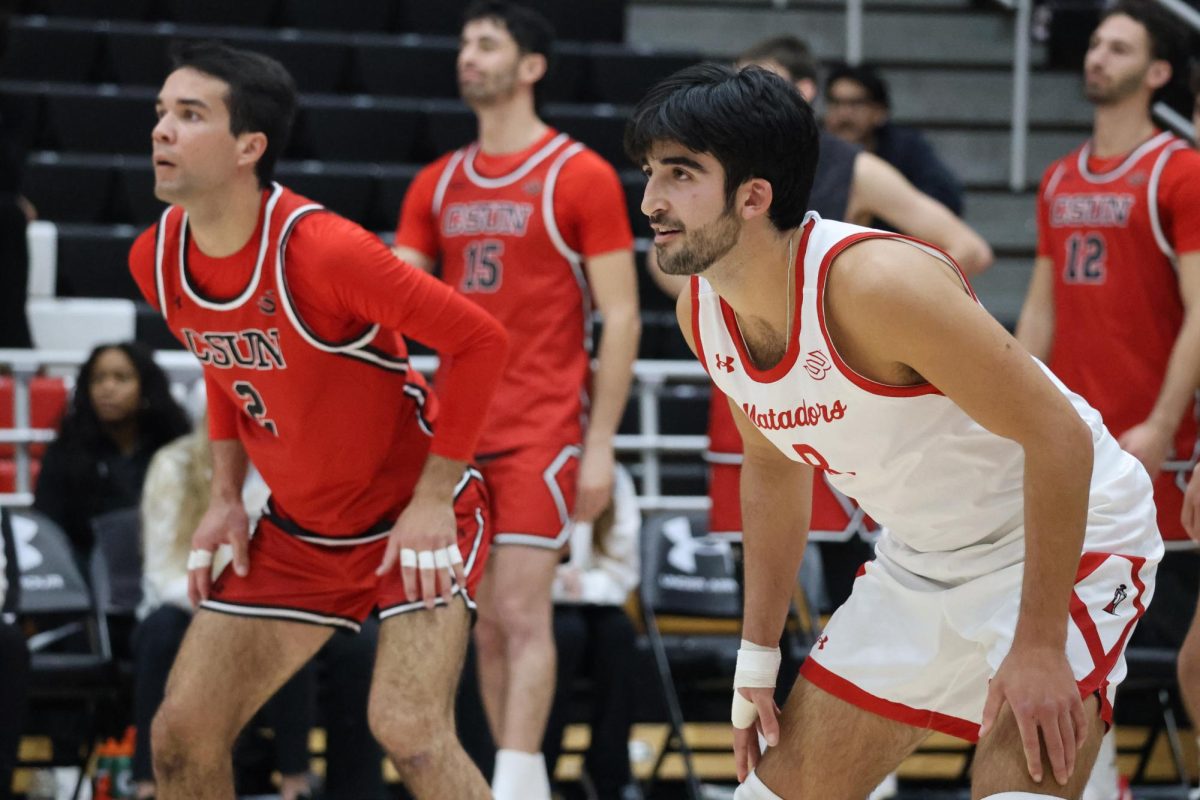California Supreme Court Justice Mariano-Florentino Cuéllar visited CSUN Thursday to speak to students on a variety of issues, including the importance of diversity in the courtroom and offering lingual services to non-English speakers in court.
Cuéllar was introduced and asked questions by Dr. Gabriel Gutiérrez, Chicano studies department chair, and Melisa Galván, Chicano studies assistant professor, who spoke on the importance of immigration law to CSUN students.
“Many of our students come to us for advice about how to deal with actual cases,” Gutiérrez said.
Cuéllar, who served on the former president of the United States, Barack Obama’s transition team, provided his guidance.
“My watchboard has always been what can I do from my position,” Cuéllar said. “I was enormously dedicated and passionate about trying to get it right and trying to help the president stay true to what he had promised during the campaign.”
Cuéllar also spoke of the challenges he faced as a Mexican-born student in California and how his experiences living along the border gave him a unique perspective in law, something he listed as one of his strengths as a justice.
“In a place like Calexico you see a lot of the struggles that are part of our state’s history,” Cuéllar said. “I felt that the whole point of my being there was that I could bring something different to the discussion.”
Cuéllar was born in Matamoros, Mexico, but later moved to Calexico in the Imperial Valley. Fluent in Spanish and English, he spoke of the importance of providing services in court to Californians who are not proficient in English as part of the California court’s Language Access Plan Implementation Task Force.
“We [the task force] were engaged in a historic expansion of how we engaged in these issues,” he said of the roughly seven million Californians who the plan targets. According to Cuéllar, this is a challenge for the courts because it requires individuals to attend court, and it would be wrong for one to walk out uncertain about what to do, and not be able to deal with the proceedings because one cannot pay for an interpreter.
Cuéllar said some of the most important legal services being worked on are offering interpreters in civil court cases and making sure that the court buildings themselves are accessible, including everything from signs to forms.
“It takes money, it takes effort, it takes an engaged population… it takes mentors, it takes lawyers who care about the issue,” he said of the plan.
